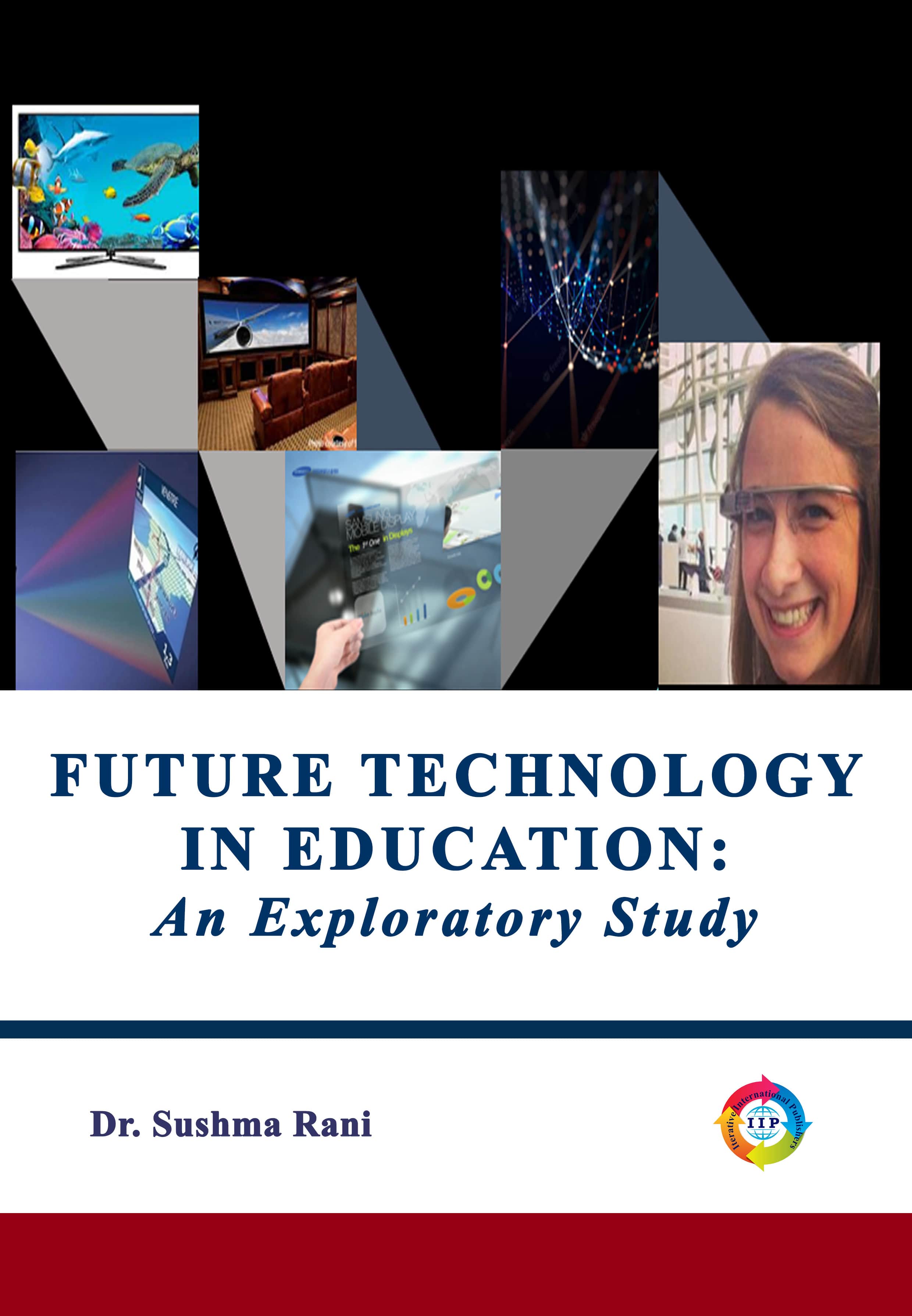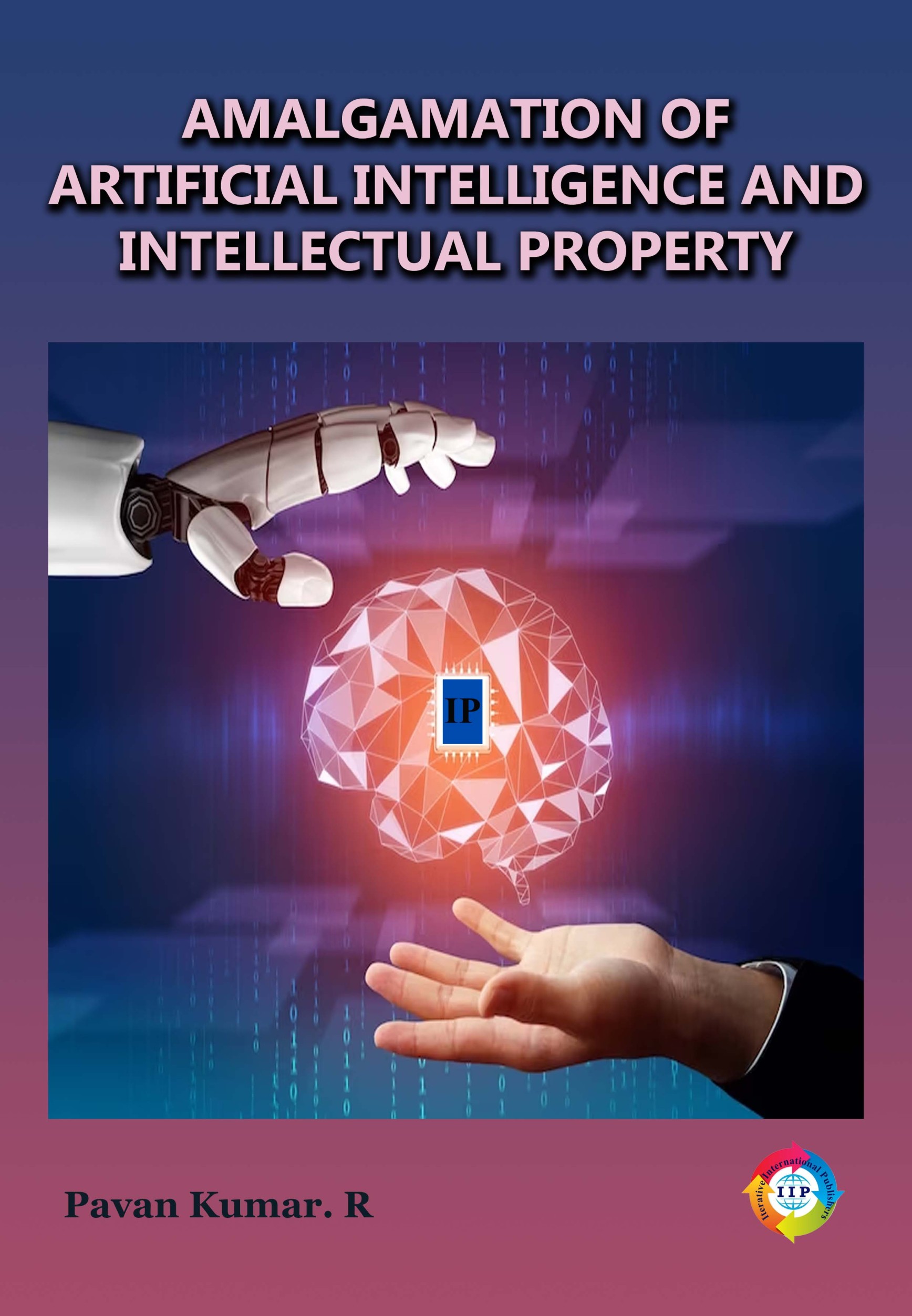
FUTURE TECHNOLOGY IN EDUCATION : AN EXPLORATORY STUDY
-
TypePrint
- CategoryAcademic
- Sub CategoryPhD Thesis/Thesis
- StreamSocial Sciences
Globally, education institutions are quickly moving towards digital and online learning as a result of applications of new computer information and internet technologies. Information and communication technologies (ICTs) have enabled mass education on a scale never before possible. This is by far the most significant development to effect learning in its history. The essential goal of education has changed as a result of this new merger of pedagogy and technology, giving rise to new trends that challenge our conventional view of how and what we need to study to succeed in school and in life.
With new, direct connections between faculty and students, ICTs are augmenting or replacing the old, physical educational hierarchy in order to foster greater collaboration, decentralisation, diversity, and flexibility. The majority of advancements in teaching and learning to date have resulted from the rational evolution of technology within the constraints of modern thought. Retrofitting has its limitations, thus in order to accommodate a similarly sophisticated and adaptable system of borderless global education, new innovations will be required in the future. The digital shift from isolated, one-size-fits-all classroom instruction to flexible, mobile "Personalised Learning".
The shift to flexible, mobile, one-on-one "personalised learning" in response to student desires for more applicable, affordable, and relevant learning experiences is a result of the digital revolution from "one-size-fits-all" isolated classroom training. Technology is evolving considerably more quickly than most organisations can keep up with it. Faculty and staff must get ready for the future of educational models that are now being used that are more accessible, scalable, and portable. The following chapters offer an overview of the several concerns related to the transition from traditional classroom instruction to online learning, as well as suggestions for how current administrators, academics, and other stakeholders might better adapt to impending changes. This book's goal is to aid in the introduction of these changes and provide direction for those in charge of putting the future of digital education into practise.
In 2030, the school-age youngsters of today will be young adults. Schools may prepare students for jobs that haven't even been established yet, for technology that haven't even been developed yet, and for issues that haven't even been foreseen yet. Students will need to cultivate curiosity, imagination, and resilience to deal with such unpredictability. The wellbeing of their friends and families, their communities, and the environment will need to be important to them in addition to obtaining a good job and a big salary. Learning through future technology may give students the autonomy, sense of direction, and skills they need to improve their own lives and the lives of others. Learning may give students the autonomy, sense of direction, and skills they need to improve their own lives and the lives of others.
Since, accelerating globalisation and a quicker pace of technical advancement, we are facing social, economic, and environmental concerns that have never been seen before. These factors are simultaneously giving us a plethora of fresh prospects for human growth. Although we cannot foretell the future, we must be open and prepared for it.
This book will definitely sort out the answers of the following questions
1. What are the future gadgets and how will they be imparted in our education system specially in the education, administration/instruction, management, self-study and resource provider?
2. How future technological gadgets specifically hardware or software technologies will prepare students for future learning generations?
3. In what ways this future oriented learning can be initiated in the form of information, skills, attitudes, and values to be developed through educational systems?
This book will definitely highlight the important applications of Future-oriented gadgets. As a variety of international stakeholders participated in an iterative process to examine, test, and validate the first framework. They made sure that the framework is applicable anywhere in the world, compatible with more general regulations, and workable. By the end of 2050, we'll shift gears and start looking at how the latest technology can be incorporated into pedagogy, assessment, and instructional system design.
The initial findings at the ground-theory level are described in this book. The research explores the various opinions where policymakers, academic experts, school networks, teachers, education leaders, students, and social partners may collaborate to exchange ideas, compare technological methods, find cutting-edge research, and build a new ecosystem of education. This book will definitely provide the direction for a sharp innovative future-oriented education system.
**Note: IIP Store is the best place to buy books published by Iterative International Publishers. Price at IIP Store is always less than Amazon, Amazon Kindle, and Flipkart.





COMMENTS
No Review found for book with Book title. FUTURE TECHNOLOGY IN EDUCATION : AN EXPLORATORY STUDY